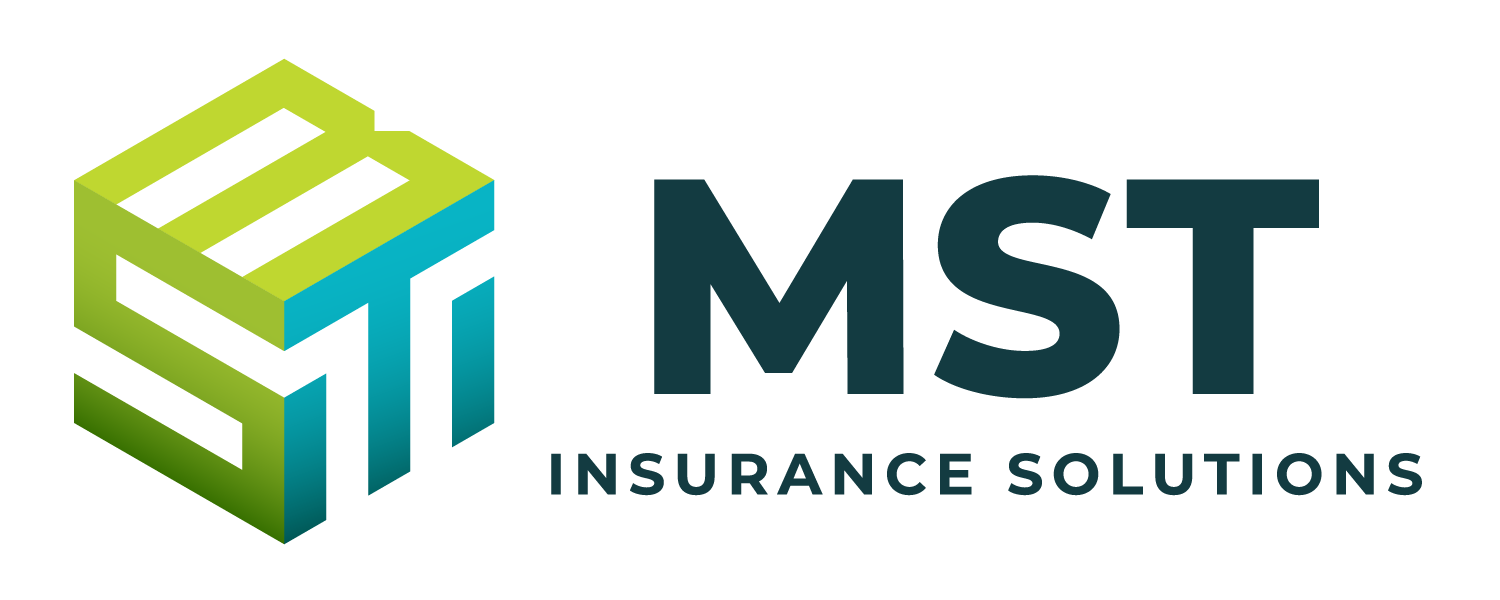The Pregnant Workers Fairness Act (PWFA), which was signed into law on Dec. 29, 2022, will be in effect as of June 27, 2023. Under this law, employers with at least 15 employees must provide reasonable accommodations to workers with known limitations related to pregnancy, childbirth or related medical conditions unless the accommodation will cause the employer an “undue hardship.”
The U.S. Equal Employment Opportunity Commission (EEOC) will start accepting charges under the PWFA on the day the law becomes effective for situations complained about having happened on June 27, 2023, or later. However, according to a recent survey by leave and accommodation management solutions provider AbsenceSoft, 43% of HR leaders are either not at all or only somewhat familiar with the PWFA. Nearly half said their HR department is not at all prepared or just starting to prepare for the June 27 deadline. Therefore, to avoid the risks of fines and lawsuits, employers should take steps now to prepare for the PWFA.
This article provides a general outline of the PWFA and actions employers can take now to prepare for the new law.
What Is the PWFA?
The PWFA amends the Americans with Disabilities Act (ADA) to require reasonable accommodations for a qualified individual’s limitations related to pregnancy, childbirth or related medical conditions. This law only applies to accommodations since existing laws the EEOC enforces make it illegal to terminate or otherwise discriminate against workers on the basis of pregnancy, childbirth or related medical conditions.
Importantly, the PWFA does not replace federal, state or local laws that are more protective of workers affected by pregnancy, childbirth or related medical conditions. Currently, more than 30 states and localities have laws providing accommodations for pregnant workers.
Who Does the PWFA Protect?
The PWFA protects employees and applications of covered employers who have known limitations related to pregnancy, childbirth or other related medical conditions. Covered employers include private- and public-sector employers with at least 15 employees, including federal agencies, employment agencies and labor organizations.
Additionally, covered employers cannot:
- Require an employee to accept an accommodation without a discussion between the worker and the employer about the accommodation
- Deny a job or other employment opportunities to a qualified employee or applicant based on the person’s need for a reasonable accommodation
- Require an employee to take leave if another reasonable accommodation can be provided that would let the employee keep working
- Retaliate against an individual for reporting or opposing unlawful discrimination under the PWFA or participating in a PWFA proceeding, such as an investigation
- Interfere with any individual’s right under the PWFA
Moreover, although the ADA, the Family and Medical Leave Act, the Pump Act and Title VII of the Civil Rights Act safeguard the rights of pregnant workers and new parents to equal employment, the PWFA mandates that employers take further steps to accommodate employees. Therefore, organizations can prepare for the PWFA by training HR personnel and managers on the law’s requirements and proper handling of PWFA accommodation requests.
Takeaway
Since time is limited, employers should take steps now to ensure their organizations are sufficiently prepared for the PWFA. This can help employers to avoid fines and lawsuits and prepare to make needed accommodations that allow their employees to be productive and comfortable at work.
This article provides a general overview of the PWFA and is not intended to be exhaustive. Due to the complexities of complying with PWFA requirements, employers are encouraged to seek legal counsel to discuss specific issues and concerns.
Employers can explore the EEOC’s What You Should Know About the Pregnant Workers Fairness Act for more information.
Contact MST Insurance Solutions, Inc. today for additional PWFA resources.

